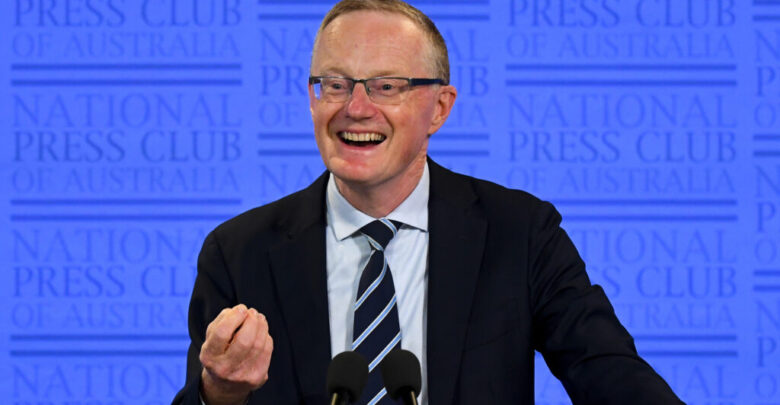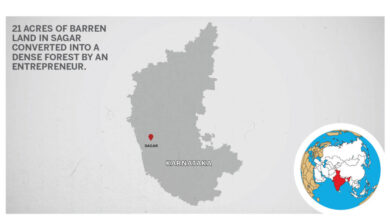

CANBERRA, Australia — The Reserve Bank of Australia will hold its monthly board meeting faced with a vastly different set of circumstances than when they last gathered early in July.
Last month, Reserve Bank governor Philip Lowe talked about a “positive path” for the economy after recovering from the recession stronger than expected.
But four weeks on, the outlook has darkened, with economists now predicting a sharp economic contraction in the September quarter.
This is largely the result of the lengthy Covid-19 lockdown in Greater Sydney and regional New South Wales areas.
Last month’s lockdowns in the southeastern state, Victoria, and South Australia will have also left a negative mark, as will the current snap restrictions in Queensland.
Treasurer Josh Frydernberg is not expecting the economic downturn, at least at this stage, to continue into the December quarter. In case it does, the contraction will make have made for a recession.

When the Reserve Bank of Australia board last met, and given the then rosy outlook, it agreed to wind back on its bond-buying program, which aims to keep market interest rates and borrowing costs low.
Instead of buying AU$5 billion ($3.7 billion) of government bonds a week under its current program, from Sept., this would reduce to AU$4 billion ($2.96 billion).
Given the central bank is reluctant to reduce the cash rate any further to stimulate the economy, being already at a record low 0.1 percent, economists expect this so-called tapering of bond purchases to be put on hold.
“The dramatic change in the outlook for the economy for the current half since the last meeting is likely to see the RBA (Reserve Bank of Australia) delay the step down in its bond-buying from September until early next year when the outlook improves again,” said Shane Oliver, chief economist, AMP Capital.
Meanwhile, the extended lockdown in Sydney, a large number of Covid-19 cases each day, and a rising death toll are likely to weigh on consumer confidence, a worry for retailers who have managed to stay open.
“Currently, there are 3511 active cases and 350 hospitalized in Australia,” said the Australian Department of Health.
Since it is the first week of a new month, a slew of new data, including but not limited to releases concerning house prices, consumer sentiment, international trade, and building approvals, is also around the corner.
The weekly ANZ-Roy Morgan consumer confidence index is to be released on August 3, an indicator that dropped sharply in the past two weeks.
June’s home lending figures are expected to show another solid rise of about 1.5 percent for the month, prior to the string lockdowns in recent weeks.
The Australian Bureau of Statistics will also issue building approval data for June, expected to suffer a further 4.5 percent fall, winding back further from the strong gains generated by the federal government’s HomeBuilder program.
Edited by Saptak Datta and Krishna Kakani
The post Reserve Bank Of Australia Board Presides Over Darkening Outlook appeared first on Zenger News.





